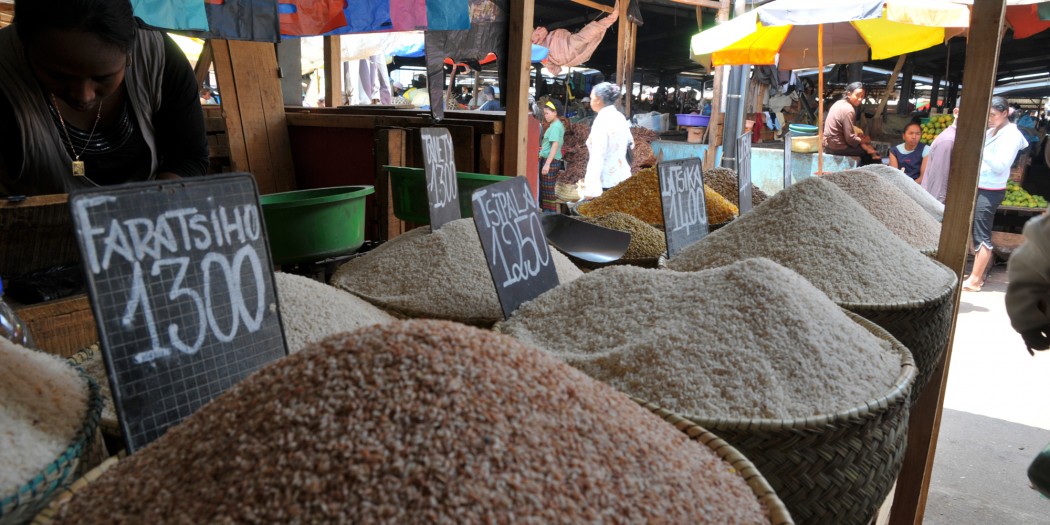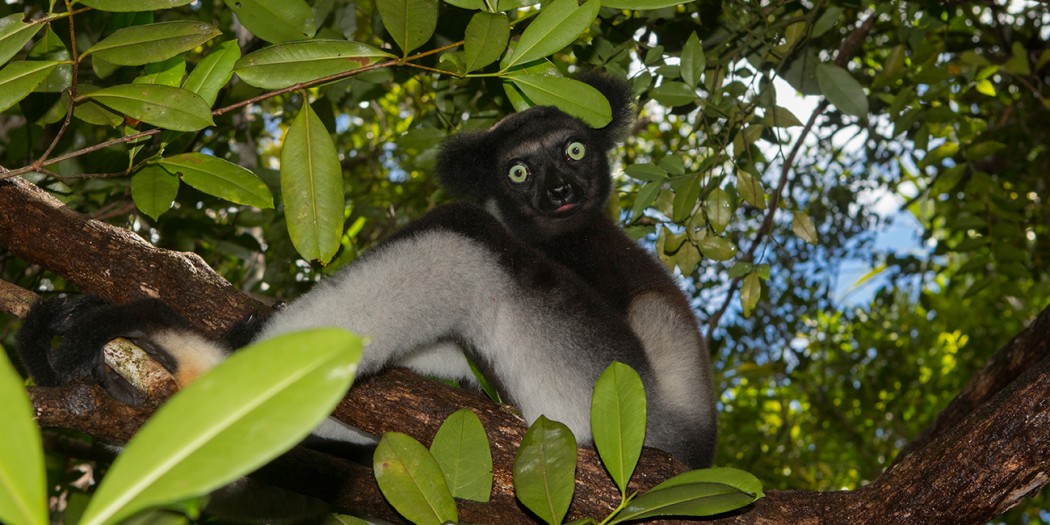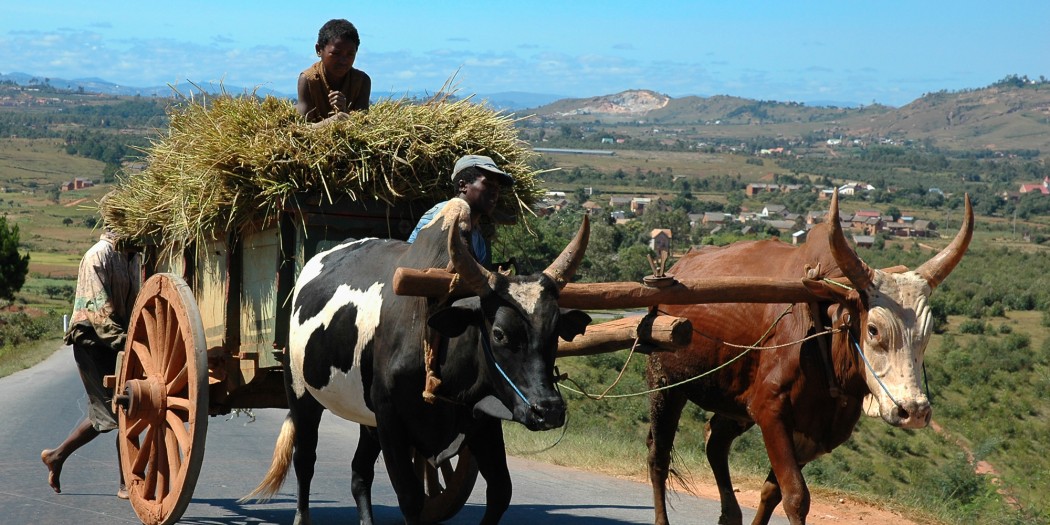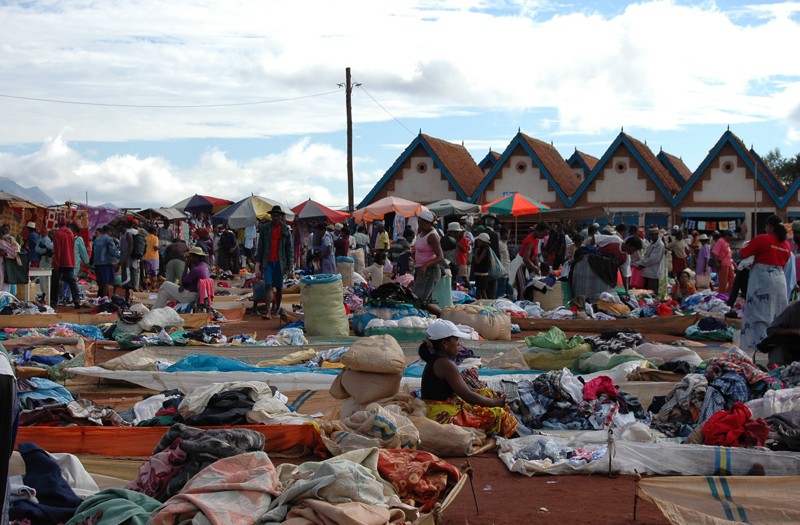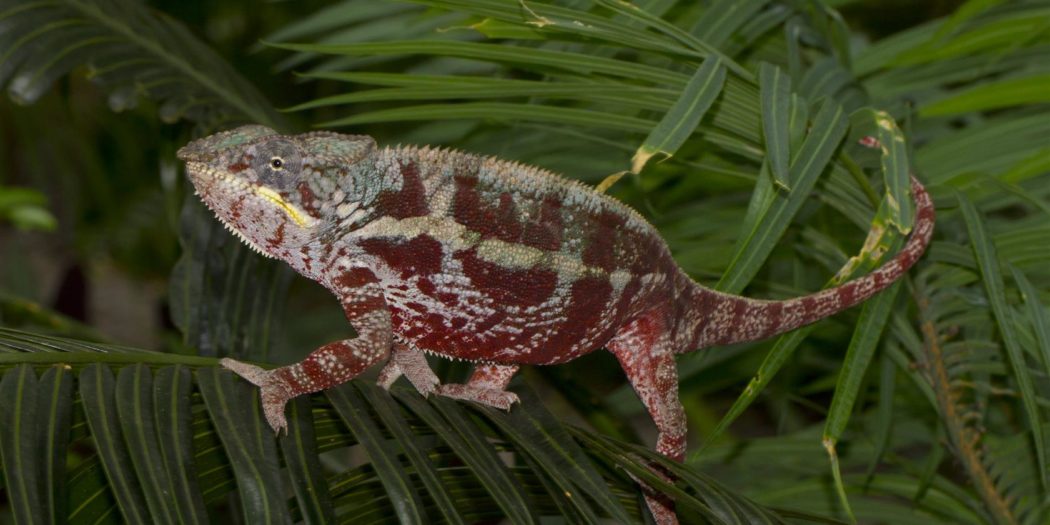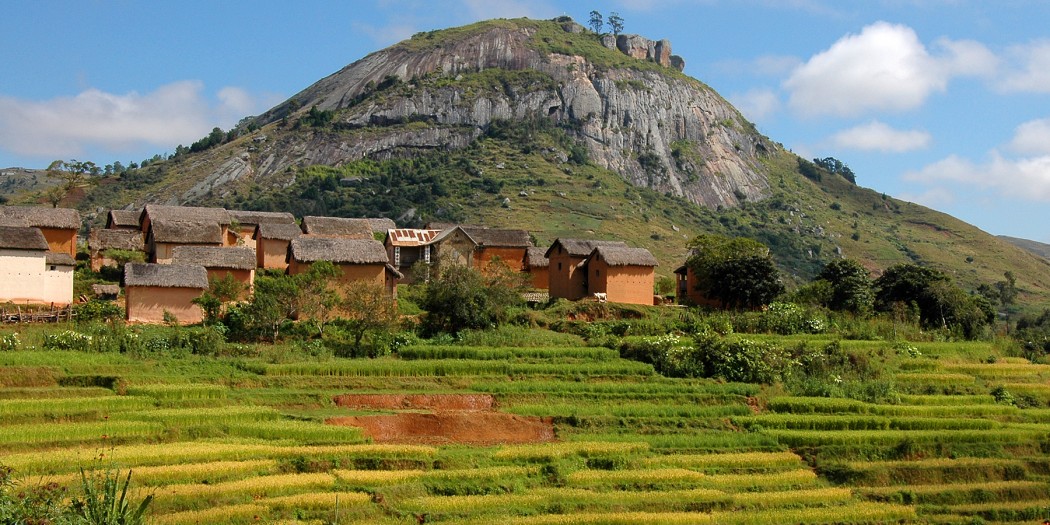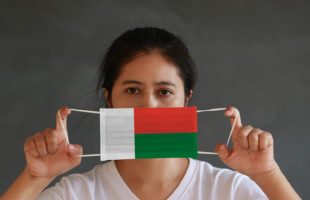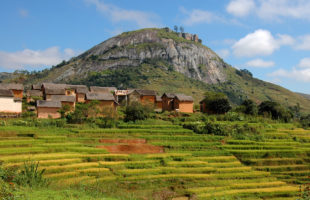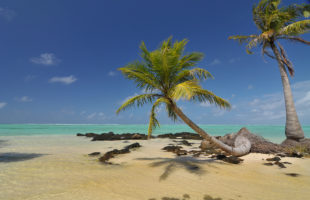Dos
Respect the local fadys. They are extremely important to Madagascans and it would be very rude to hurt them.
Try to speak or learn a few words of Madagascan. Salama as an omnipresent greeting (in the north: Mbola tsara, on the islands of the east coast Akoriaby) is always welcome, and also Azafady (please, excuse me) and Misaotra (thank you) should belong to the vocabulary of every traveler.
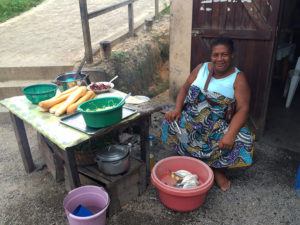
Eat rice! Rice is the staple food in Madagascar. It comes in many variations and dishes, and it simply belongs to every Malagasy meal.
Try out the many small Malagasy snacks offered on the roadside. Pastries baked in fat are available almost everywhere, sweet or savoury. In the evenings, brochettes – small skewers with zebu meat – are offered on small grills in many places. And all over Madagascar there are small roadside stalls selling freshly picked fruit at low prices. Help yourself! Anything that can be washed and peeled or freshly baked/cooked can be eaten rather carefree.
Support local relief and environmental organizations you visit and trust. If you want to donate something, ask the local people what they need. This is the most helpful thing for the organizations.
Ask before you photograph people of any age. Even with your hands and feet you can show that you would like to take a photo – and briefly ask whether this is ok for the person in question – or for the parents in the case of children. You don’t need to know a word of Malagasy. Show your photos around afterwards – especially children are usually very happy to see the finished picture on the display.
Always plan a lot of time and be patient. The roads in Madagascar are mostly very bad and time hardly plays a role for many Madagascans. Mora mora – translated “Take it easy” describes the attitude to life of the Madagascans. Delays of buses, airplanes or the meal in the restaurant are completely normal.
Don’ts
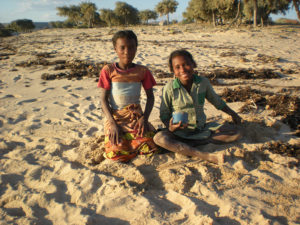
Photography of state institutions in Madagascar is prohibited. These include public buildings such as city halls and airports, but also soldiers, police and roadblocks.
Don’t buy anything offered by children without a parent present: Those who buy souvenirs from small children support illiteracy and poverty. Children who are better able to sell goods to travellers with their big eyes are sent by their families for sale rather than to school. Souvenirs as well as fruit, snacks and drinks are sold everywhere also by adults.
Do not support begging: In many places, children quickly find out that travellers like to give away money. It is similar to buying souvenirs: if the children can earn a better income through aggressive begging than the parents in a low-paid job, the children are usually denied school attendance. As a result, there is no opportunity for education and thus no way out of poverty. So out of pity one does nothing good here, but exactly the opposite.
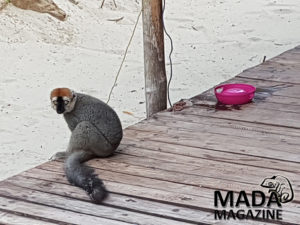
Actually self-evident: Don’t leave behind any garbage and treat nature and animals respectfully. Even if there is no waste collection in many places, nobody should throw his waste into the forest. In addition one should proceed cautiously with the contact with animals and disturb the animals as little as possible.
There are now people all over Madagascar who keep lemurs by necklaces or chains, have them in small cages in the backyard or keep them in the house from an early age. Don’t let yourself be photographed with such lemurs and show no interest in stroking the lemur! It is strictly forbidden to remove lemurs from their natural habitat and to raise or keep them privately. Tourists who pay attention to the owners or even pay them for a photo with the cute ring-tailed lemur or mouse lemur support these illegal activities and thus animal suffering. You can find more information about pet lemurs here.
 MADAMAGAZINE Your Magazine about Madagascar
MADAMAGAZINE Your Magazine about Madagascar
